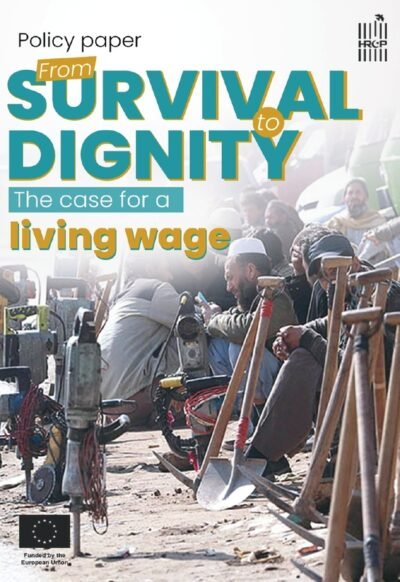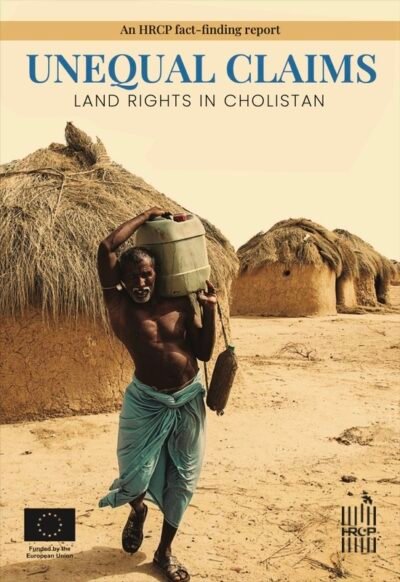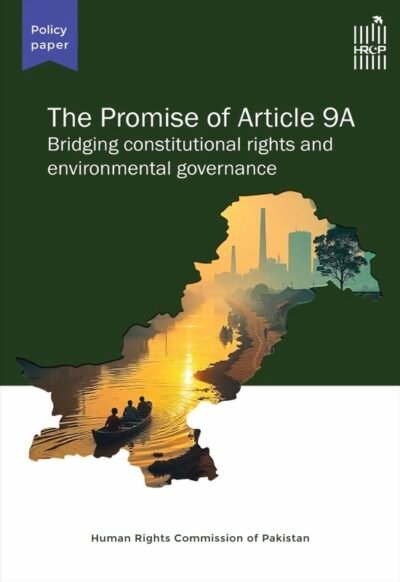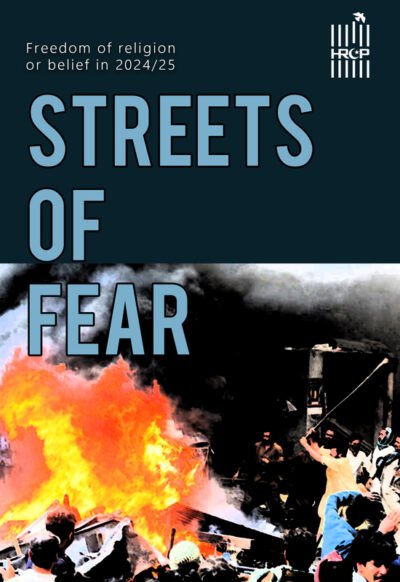The twenty-first century ushered in a new era in social movements globally, with anti-authoritarian and anti-austerity movements like the Arab Spring and Occupy Wall Street taking centre-stage. The rise of new media technologies helped these movements to mobilise in the online realm when they met with on-ground opposition, and garner support on an international level. Yet, in Pakistan—a country with a turbulent relationship with freedom of expression and movement, where resistance has historically been stifled, and surveillance has been the norm—the rise of large-scale social movements has been slow, albeit steady.
The first decade of the twenty-first century featured multiple forms of contentious politics: (i) the lawyers’ movement for the restoration of the judiciary which culminated in a broad political movement against Pervez Musharraf’s military dictatorship; (ii) the nation-wide campaigns against privatisation of public utilities (Pakistan Telecommunication Corporation Limited); (iii) the region- and city-specific peasant and labour mobilisations for agrarian land rights and improved wages; (iv) the struggles of public-sector employees for better service structures, and (v) the ethno-nationalist uprisings in peripheral regions away from central Punjab districts.
By and large, these social movements took place in isolation, without a broadbased network among activists and mobilisers which could synthesise the various particularistic struggles or social movements into a unified mass movement. Yet in the last ten years, and more particularly since the last five years, there is a conscious effort to link various social movements. This new effort features mobilisations by a new generation of tech-savvy, college-educated, and globally oriented activists. In linking struggles of peripheral actors and spaces to those in the centre, the demands or grievances raised in these mobilisations have encompassed a range of issues concerning, on the one hand, global capitalism and Pakistan’s peripheral position in it (the anti-austerity aspect), and the country’s neo-colonial political system (the anti-authoritarian aspect), on the other.
To assess this contentious politics manifested in the form of social movements and its relationship to the democratisation process, the Human Rights Commission of Pakistan conducted a series of focus group discussions (FGDs) with activists and organisers of various ongoing struggles and with public intellectuals closely observing them. In all, there were eight FGDs (held between October and November 2021), seven of which were held online which allowed participation across Pakistan. The broad themes were the students’ solidarity movement, the women’s rights movement, enforced disappearances, victims of urban development, Pashtun Tahafuz Movement, public sector workers’ collectives and role of social media in social movements. This report is a synthesis of major issues that emerged in these FGDs. The following sections discuss: (i) the political-economic and cultural context for the various social movements; (ii) women’s activism; (iii) students’ politics; (iv) anti-war and antiauthoritarian activism; (v) right to the city struggles; and (vi) anti-austerity activism of public-sector workforce. Subsequently, the report concludes with key lessons offered for rights activism.







